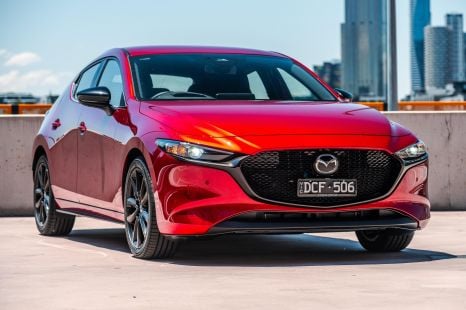

Josh Nevett
4 Days Ago

Contributor
Another of Australia’s biggest carmakers is pushing the Federal Government to formalise emissions standards for new cars, and to rethink how roads are funded as the world moves to electric cars.
Kia Australia chief operating officer Damien Meredith says the brand believes “the Government should have a blanket policy in place governing CO2”.
Mr Meredith also said “we need [charging] infrastructure if this is going to work”, but “consumer confidence is growing with EVs”.
“We believe it’s happening, and we want to be a big part of electrification in Australia,” Mr Meredith said.
The Kia boss also followed in the footsteps of FCAI boss Tony Weber by pushing the new Government to consider reforming how roads are funded in Australia.
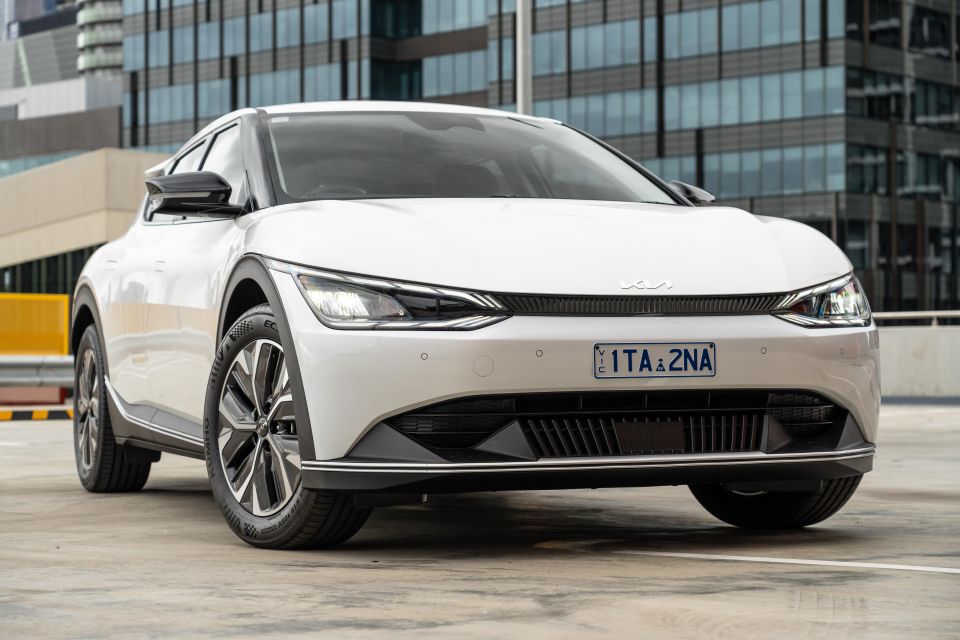
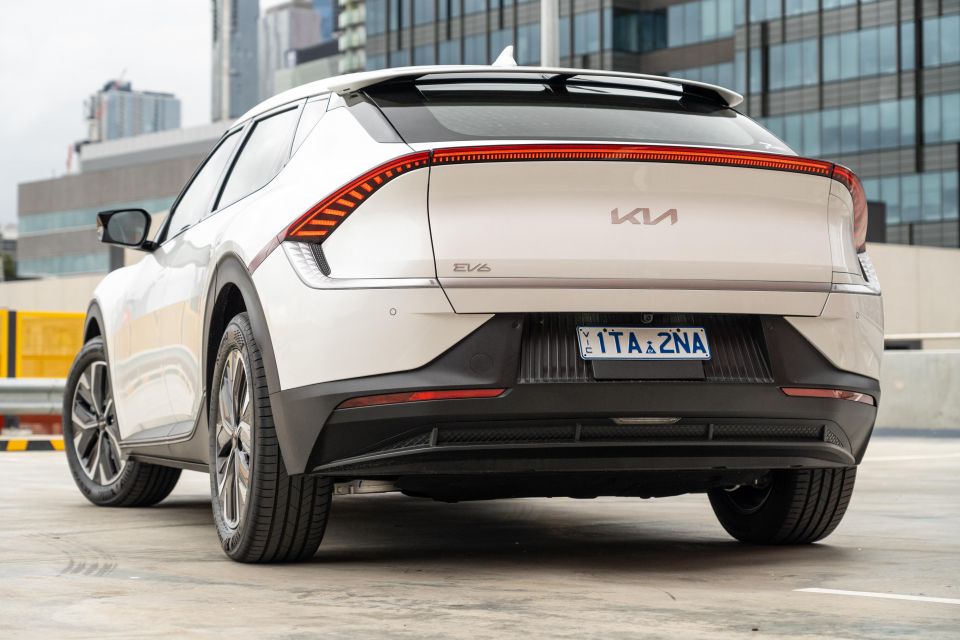
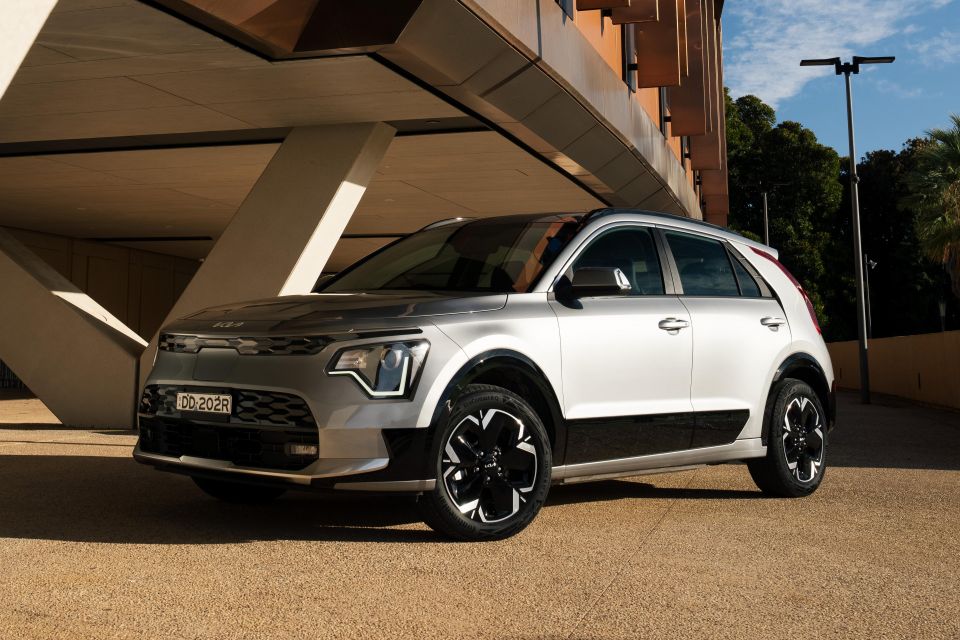
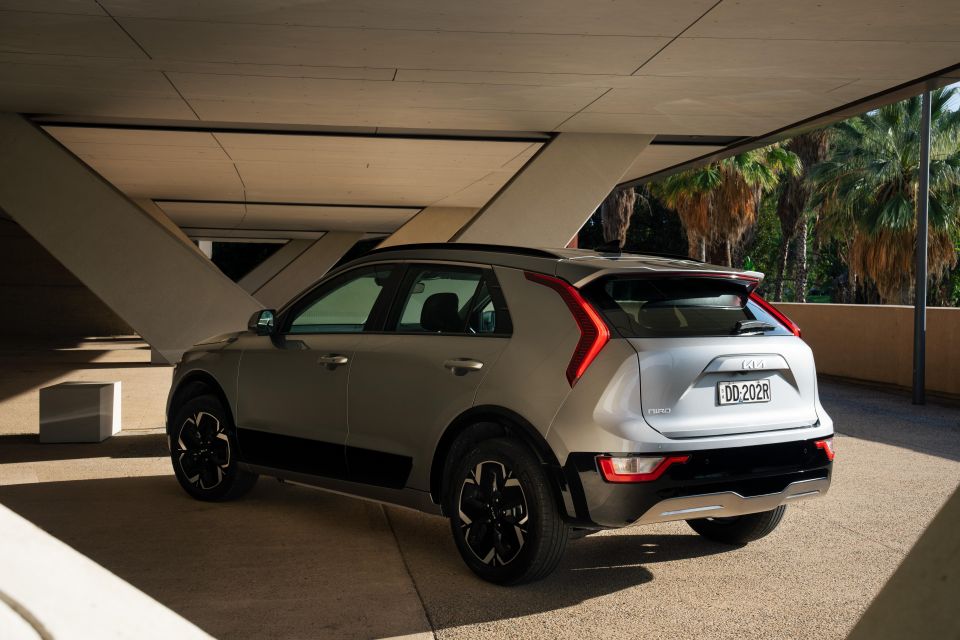
Kia has been hit hard by Australia’s lack of emissions standards. Our supply of the new EV6 remains incredibly short (500 cars in 2022), and the Niro will be trickling into Australia at a rate of just 75 cars per month, due in part to big demand in markets with emissions caps.
Mr Meredith is far from alone in calling for European-style emissions regulations in Australia, nor in pushing for a road user charge.
Peak body for carmakers in Australia, the Federal Chamber of Automotive Industries (FCAI), called for a binding Federal emissions reduction scheme on the back of the recent election.
Such a scheme would force carmakers to drag their average vehicle emissions below an agreed cap, backed by fines for a failure to meet that target. The cap would become progressively tighter as years roll on.
Australia has a shortage of hybrid, plug-in hybrid (PHEV), and electric vehicle (EV) options relative to demand, as long waits for new cars across most brands shows.
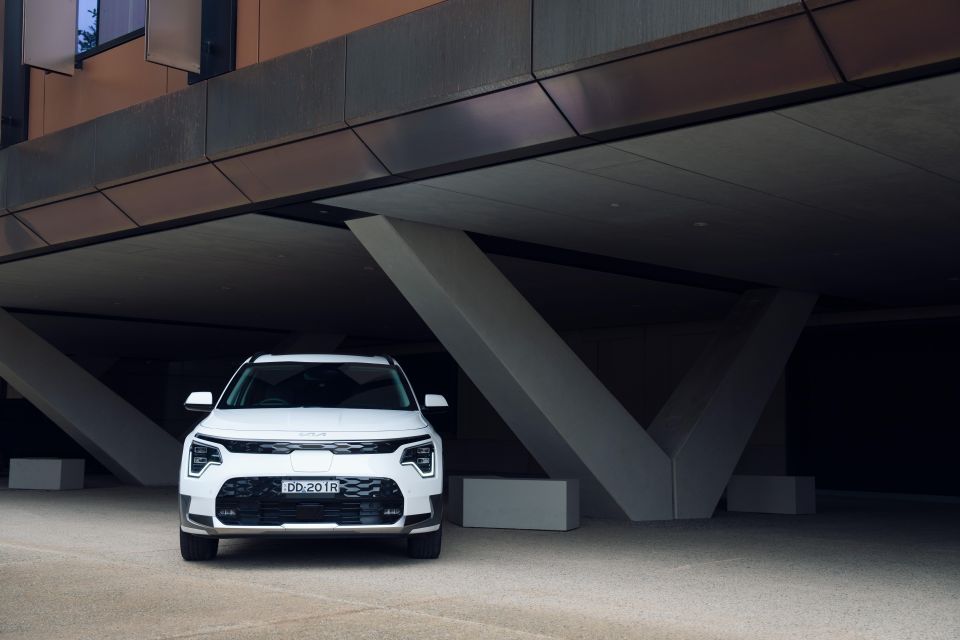
The FCAI says formal regulation would give car companies the tools they need to lobby their head offices for more supply of low-emissions (or zero-emissions) vehicles.
Currently, carmakers send the bulk of their electric vehicles to markets such as Europe, where the penalties for failing to meet emissions targets can lead to huge fines. Australia is at risk of becoming a “dumping ground” for older, dirtier engines and technologies, according to ex-Volkswagen Group Australia boss Michael Bartsch.
His replacement, Paul Sansom, told CarExpert the introduction of emissions standards “changes the game completely, it really does”. Like Kia, the Volkswagen Group has been hamstrung in its quest to bring electric cars to Australia.
In response to the lack of a federally-mandated target, the Australian automotive industry established a voluntary CO2 reduction scheme in 2020. This has no real teeth, but serves two purposes: public relations, and to be a policy template for any receptive government.


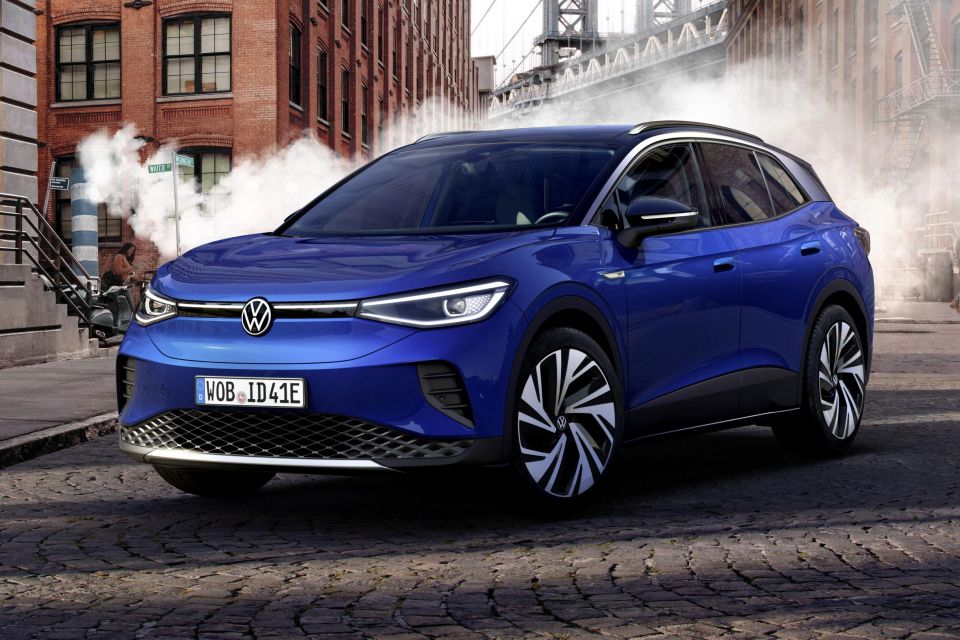
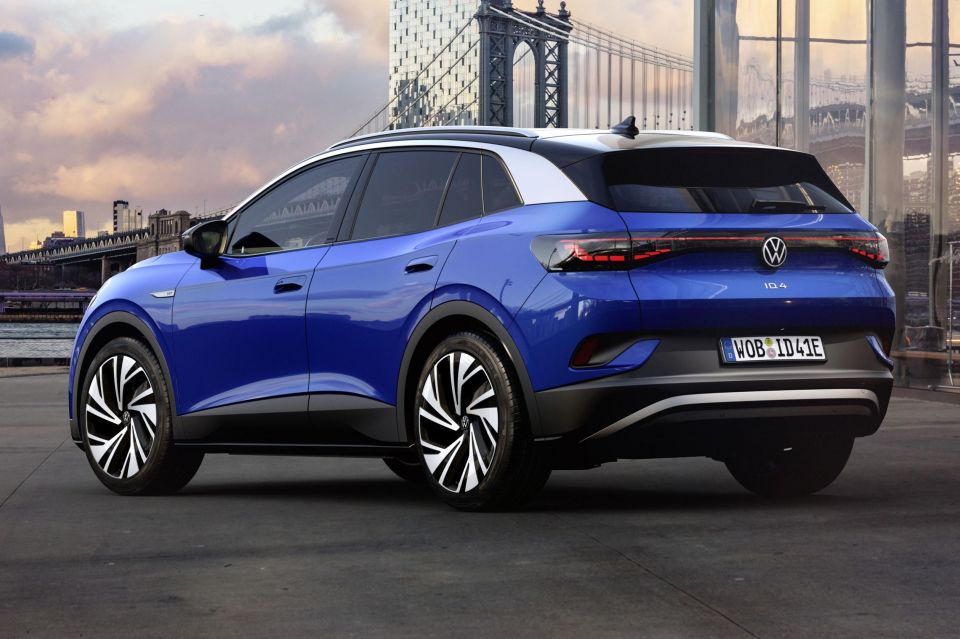
As for road funding? The FCAI has repeatedly lobbied for a road user charge – essentially a scheme where drivers pay a per-kilometre charge to fund roads instead of traditional registration and the fuel excise – as the world transitions to electric power.
“[A road user charge should be] technology-neutral, applied right across the country, and eliminate a raft of taxes both on the motor vehicle and the driver,” said FCAI chief executive Tony Weber.
“That includes the luxury car tax, tariffs to the extent they still remain, stamp duty, registration fees, licence renewal fees – have one tax, and let’s sit down with the government and design it so that it can be implemented in a way so that it’s not regressive and doesn’t heavily burden those who live in outer areas and in regional Australia.”
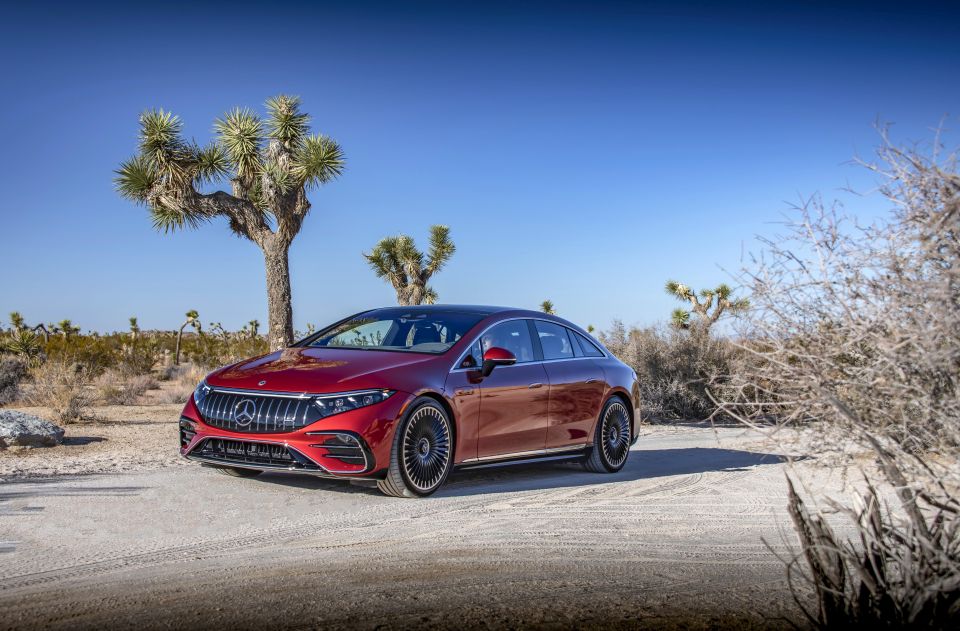
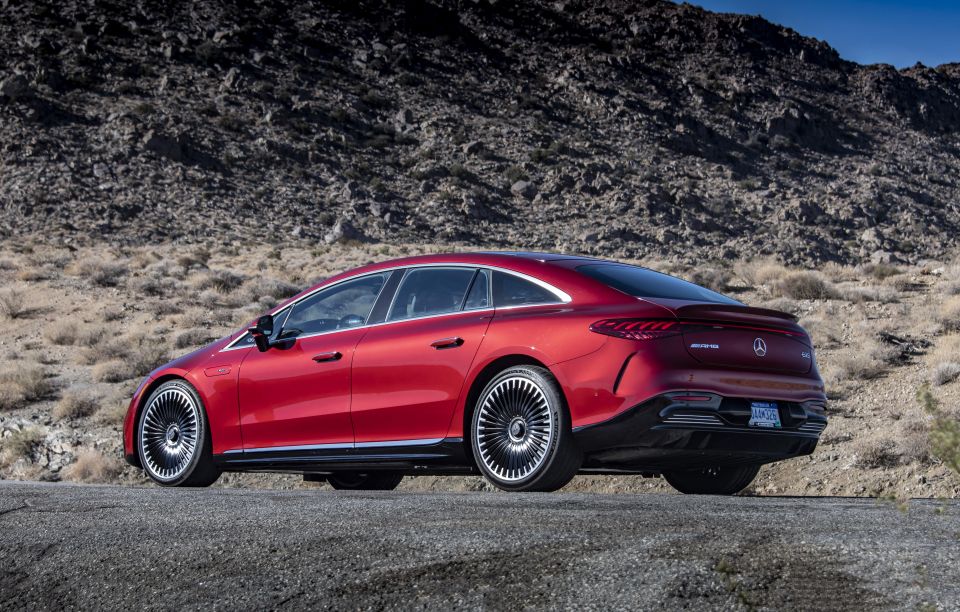
Some states have announced they’re implementing road user charges, albeit only for electric vehicles and plug-in hybrid vehicles.
Victoria, for example, introduced a controversial road user charge to compensate for missing fuel excise revenue as more drivers switch from internal-combustion vehicles.
The previous South Australian government also implemented such a tax, however the newly elected Peter Malinauskas-led Labor government has moved to repeal the state’s mileage charge.
MORE: Victoria’s ‘worst EV policy in the world’ slammed MORE: Luxury Car Tax thresholds increased, FCAI slams ‘poor tax’ MORE: Q&A with Tony Weber, CEO of the FCAI peak car-industry body MORE: Why the car lobby wants more CO2 regulation from new government
Take advantage of Australia's BIGGEST new car website to find a great deal on a Kia.
Scott Collie is an automotive journalist based in Melbourne, Australia. Scott studied journalism at RMIT University and, after a lifelong obsession with everything automotive, started covering the car industry shortly afterwards. He has a passion for travel, and is an avid Melbourne Demons supporter.


Josh Nevett
4 Days Ago
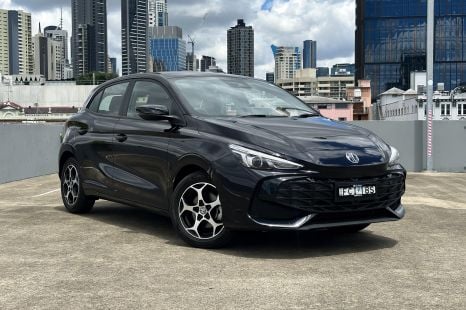

William Stopford
3 Days Ago
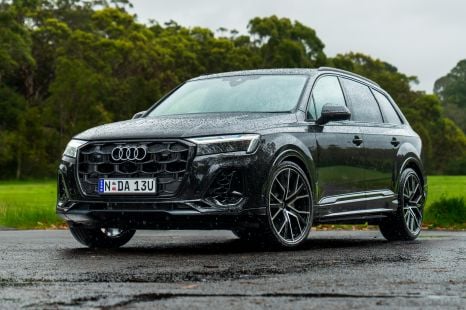

James Wong
2 Days Ago


Josh Nevett
1 Day Ago
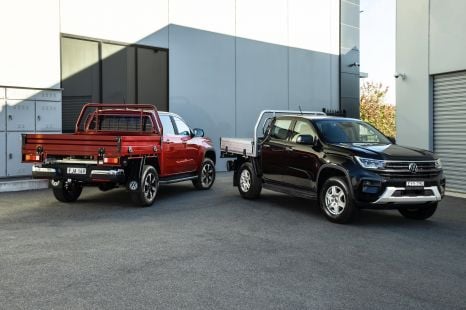

Max Davies
15 Hours Ago
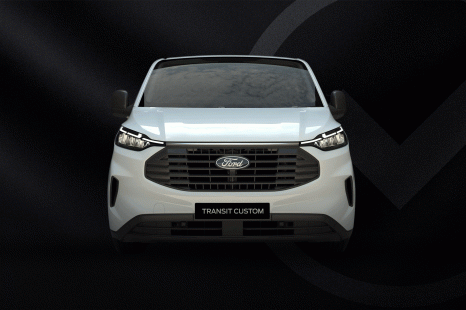

CarExpert
14 Hours Ago